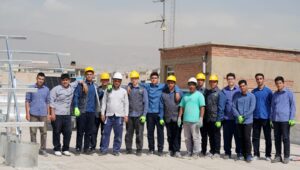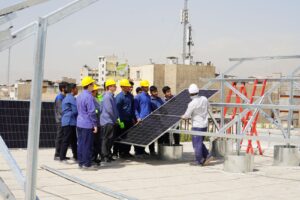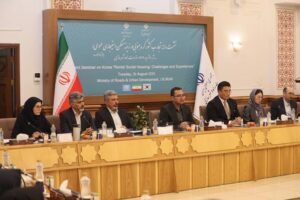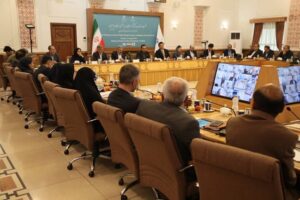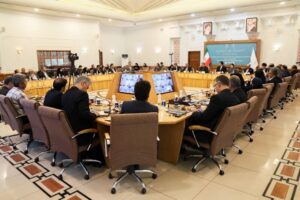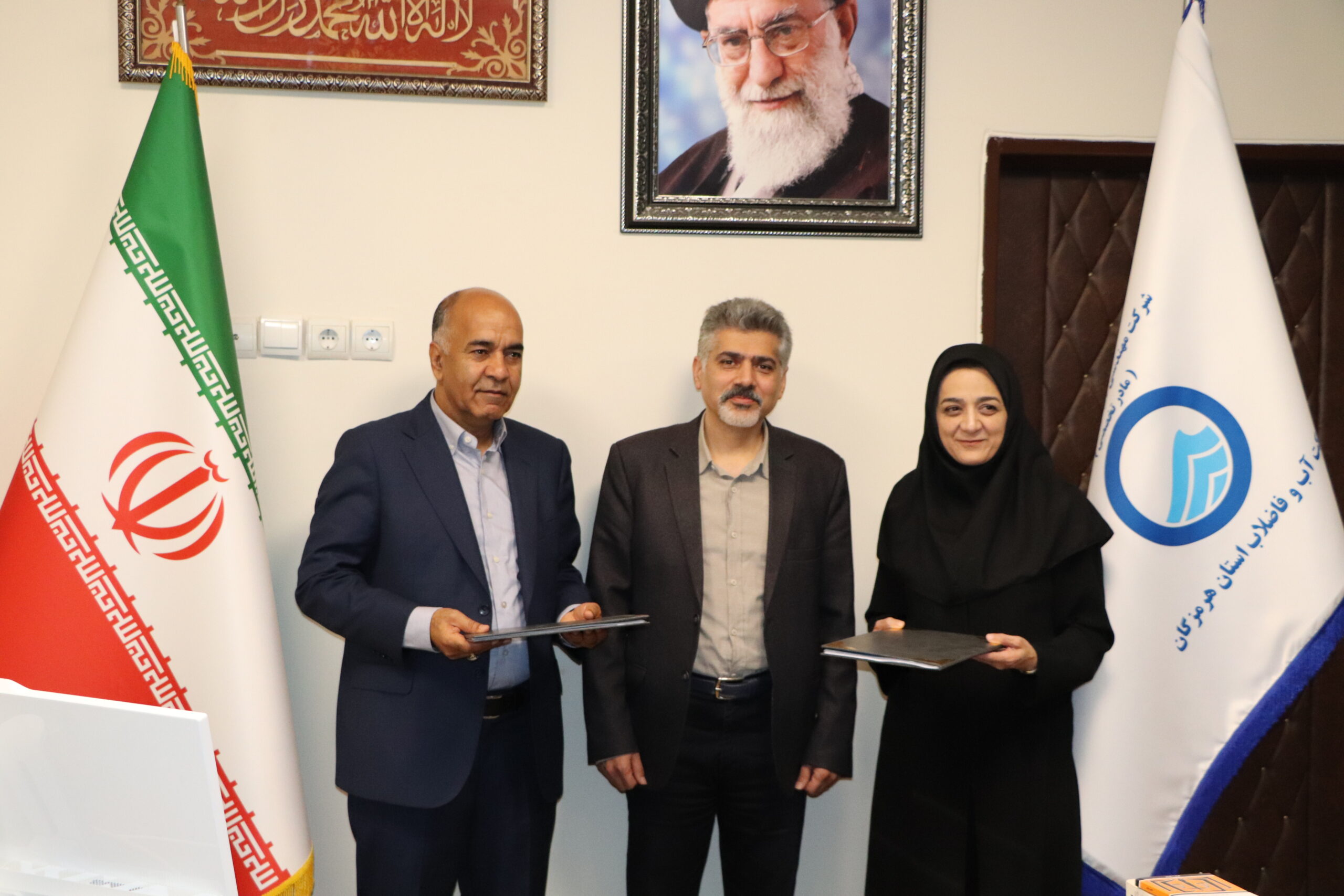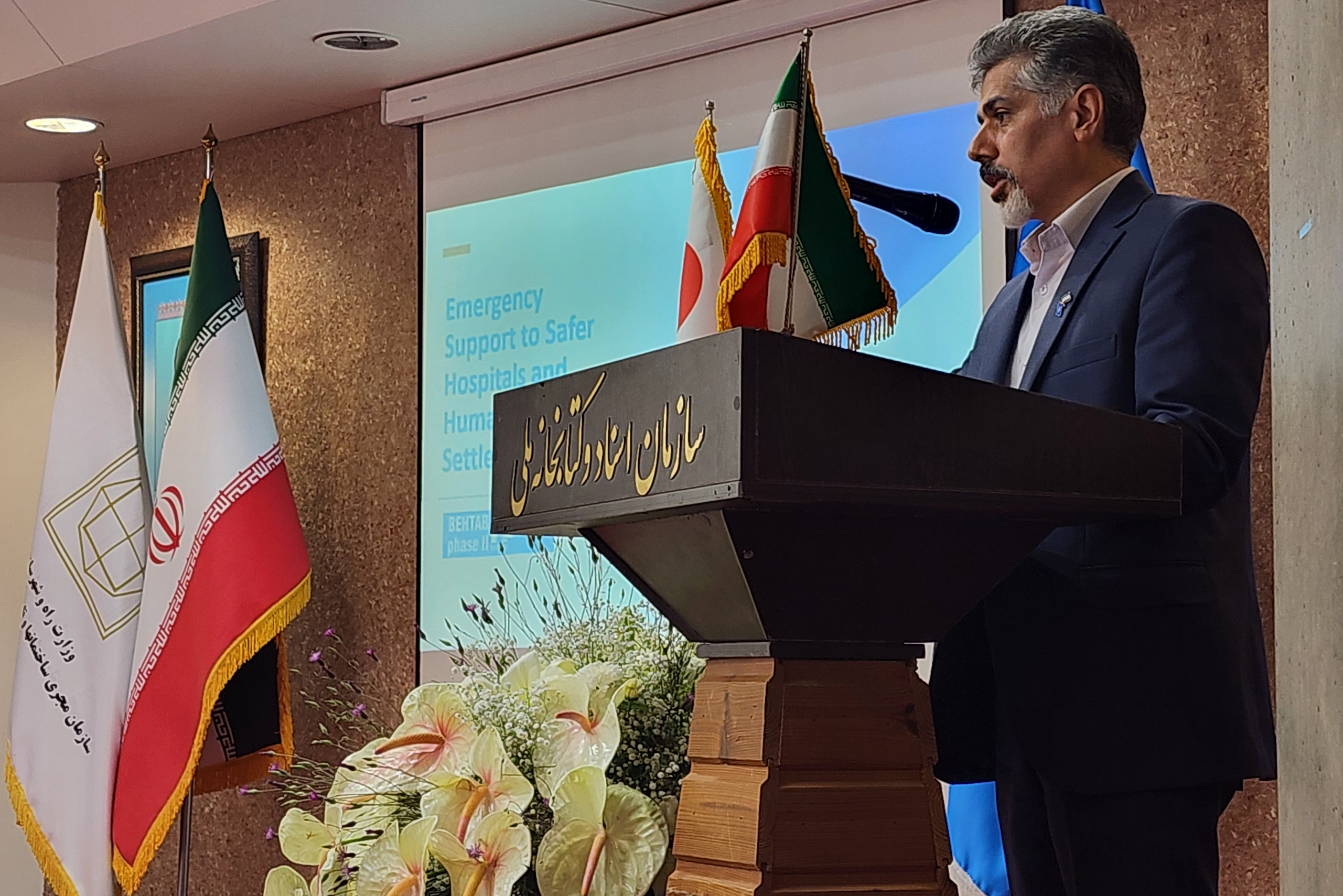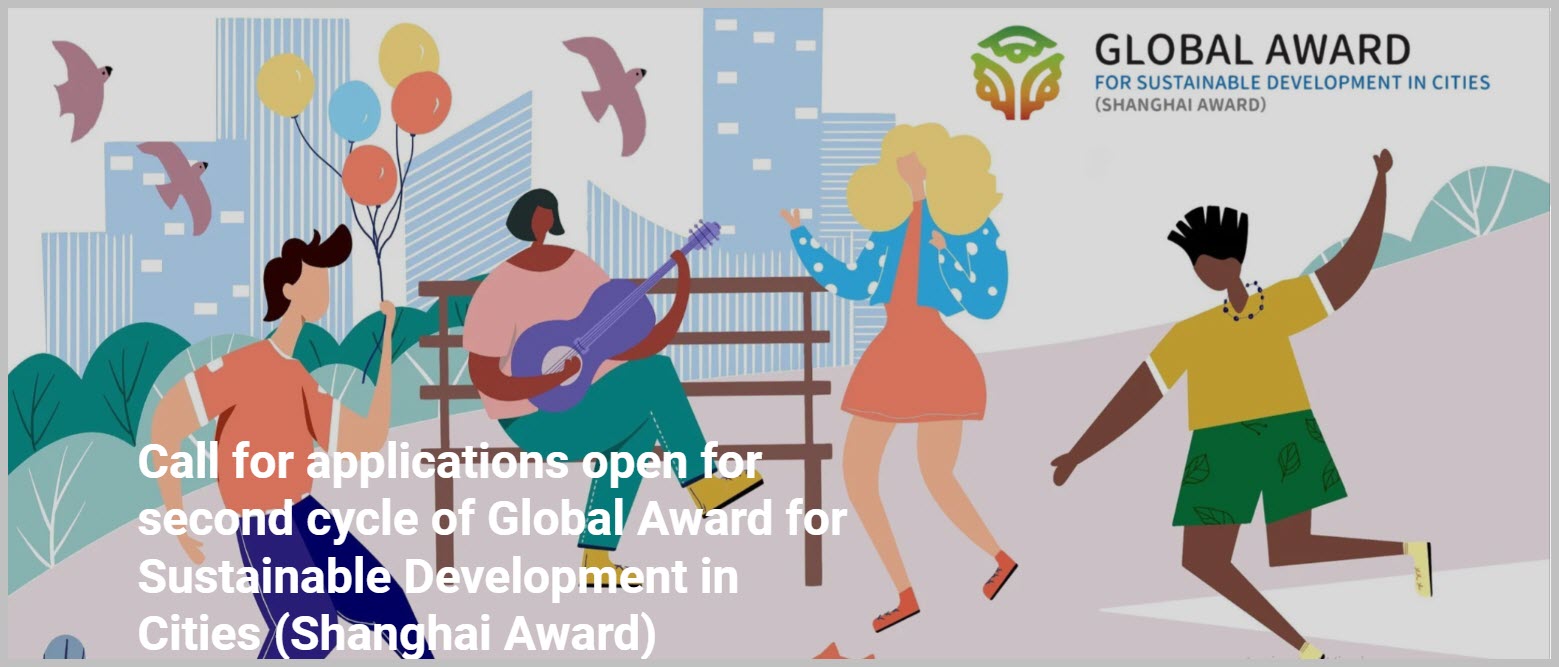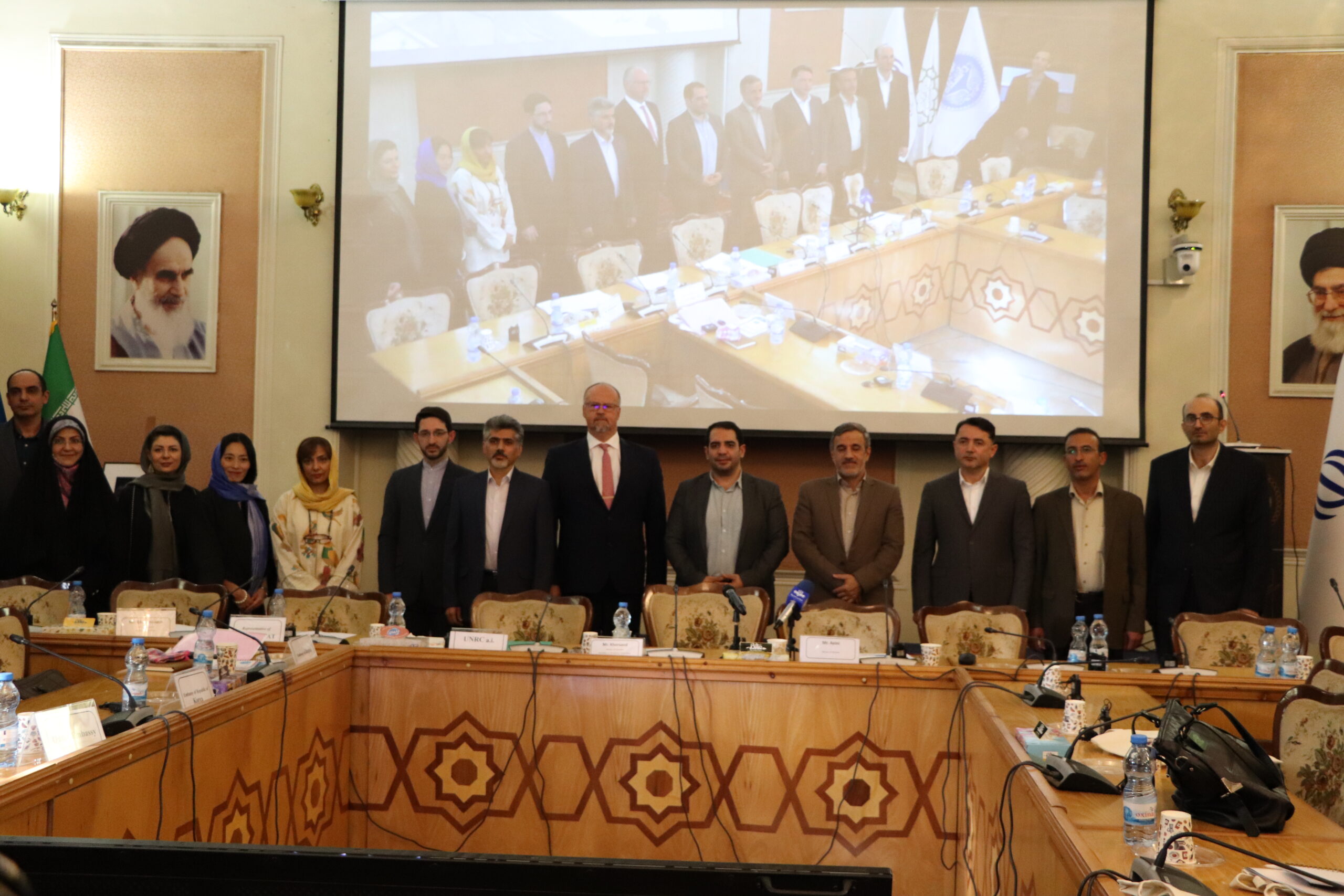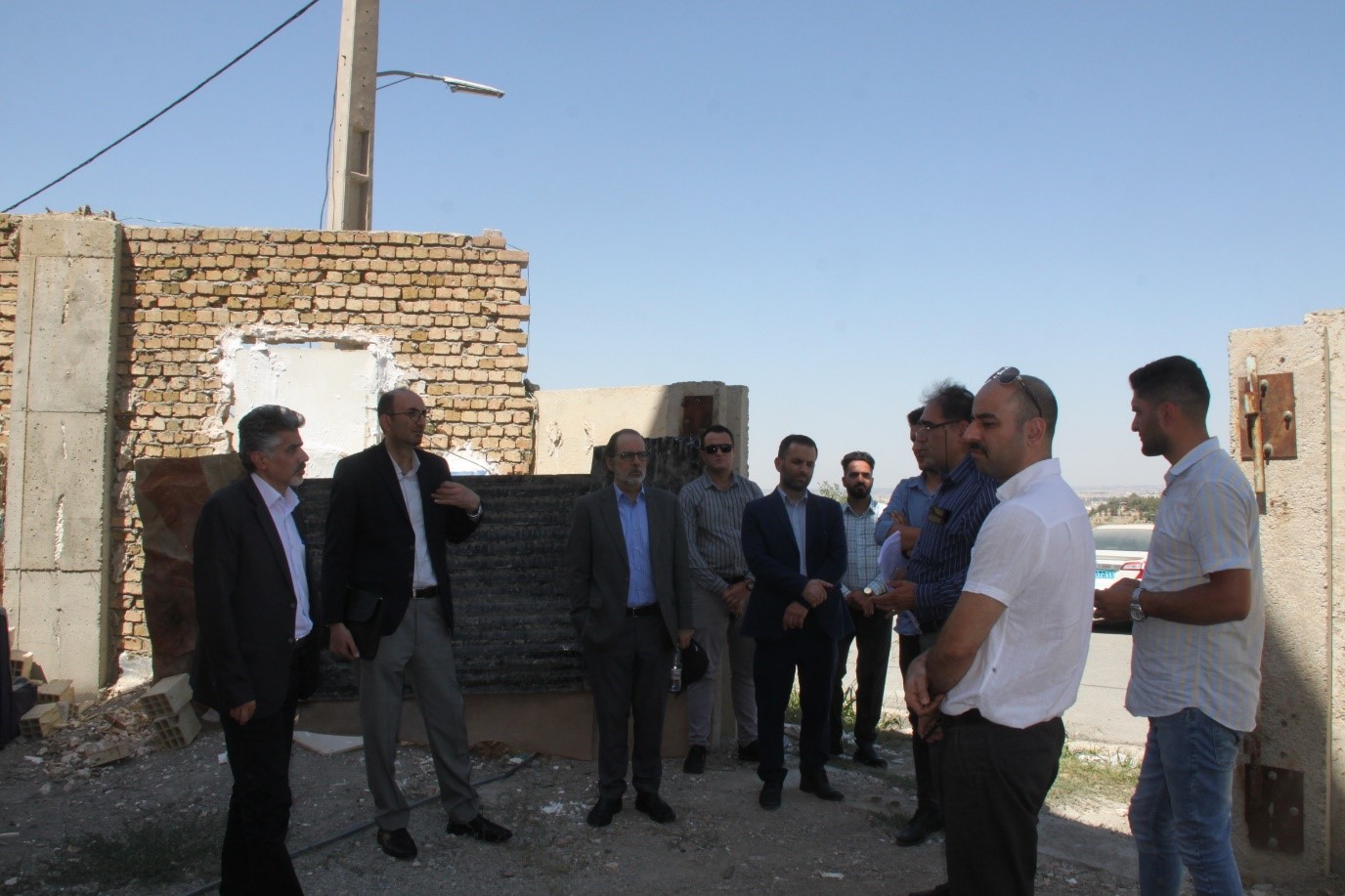In a landmark move toward sustainable urban development, UN-Habitat providing support for the first school in Tehran equipped with a solar energy generation system. This initiative marks a significant milestone in promoting climate-conscious infrastructure and environmental education at the community level.
Supported by the Republic of Korea as the International Partner the initiative is implemented under the framework of Policy #Four of Iran’s National Urban Policy (NUP), which in a part, prioritizes climate change mitigation and environmental resilience. By integrating renewable energy into the educational environment, the initiative aims to reduce carbon emissions, lower energy costs, and inspire future generations to adopt sustainable practices.
Beyond the installation of solar panels, the program includes a robust capacity-building Component targeting both students and local residents. In cooperation with the Urban Regeneration Corporation of Iran, National Habitat Committee and Ministry of Education as the national partners, and through interactive workshops and expert-led sessions, participants will explore practical solutions to pressing urban environmental challenges including waste, water and energy.
“Empowering communities through education and clean energy is central to our mission,” said a UN-Habitat spokesperson. “This school is not only a model of green infrastructure—it’s a hub for environmental awareness and action.”
The initiative demonstrating the implementation of NUP policies in I.R. Iran, reflects UN-Habitat’s commitment to localizing global sustainability goals and fostering inclusive urban transformation. It also demonstrates the potential of cross-sector collaboration in advancing Iran’s climate agenda and strengthening community resilience.
The pilot school is expected to serve as a blueprint for future green energy projects across Tehran and other urban centers in Iran.


